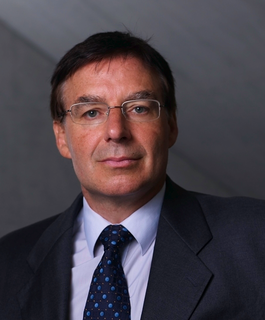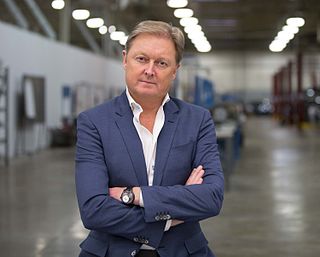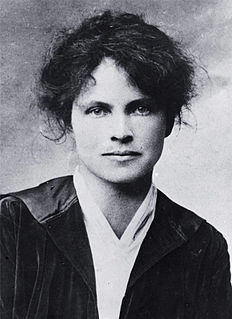A Quote by Didier Sornette
Economic theory dictates that the value of a company is basically the present value of its future profits. To estimate Facebook's value through its future profits, we need to have a view on its user growth and how this will evolve in the next 10 to 50 years.
Related Quotes
Intrinsic value can be defined simply: It is the discounted value of the cash that can be taken out of a business during its remaining life. The calculation of intrinsic value, though, is not so simple. As our definition suggests, intrinsic value is an estimate rather than a precise figure, and it is additionally an estimate that must be changed if interest rates move or forecasts of future cash flows are revised.
In a crisis, stocks of financial companies are great investments, because the tide is bound to turn. Massive losses on bad loans and soured investments are irrelevant to value; improving trends and future prospects are what matter, regardless of whether profits will have to be used to cover loan losses and equity shortfalls for years to come.
I think maybe 50 years ago people and businesses felt like they had to choose between maximizing profits and making customers happy or making employees happy, and I think we're actually living in a special time where everyone's hyperconnected, whether through Twitter or blogs and so on. Information travels so quickly that it's actually possible to have it all, to make customers happy through customer service, to make employees happy through strong company cultures, and have that actually drive growth and profits.
Growth isn't central at all, because I'm trying to run this company as if it's going to be here a hundred years from now. And if you take where we are today and add 15% growth, like public companies need to have for their stock to stay up in value, I'd be a multi-trillion-dollar company in 40 years. Which is impossible, of course.





































